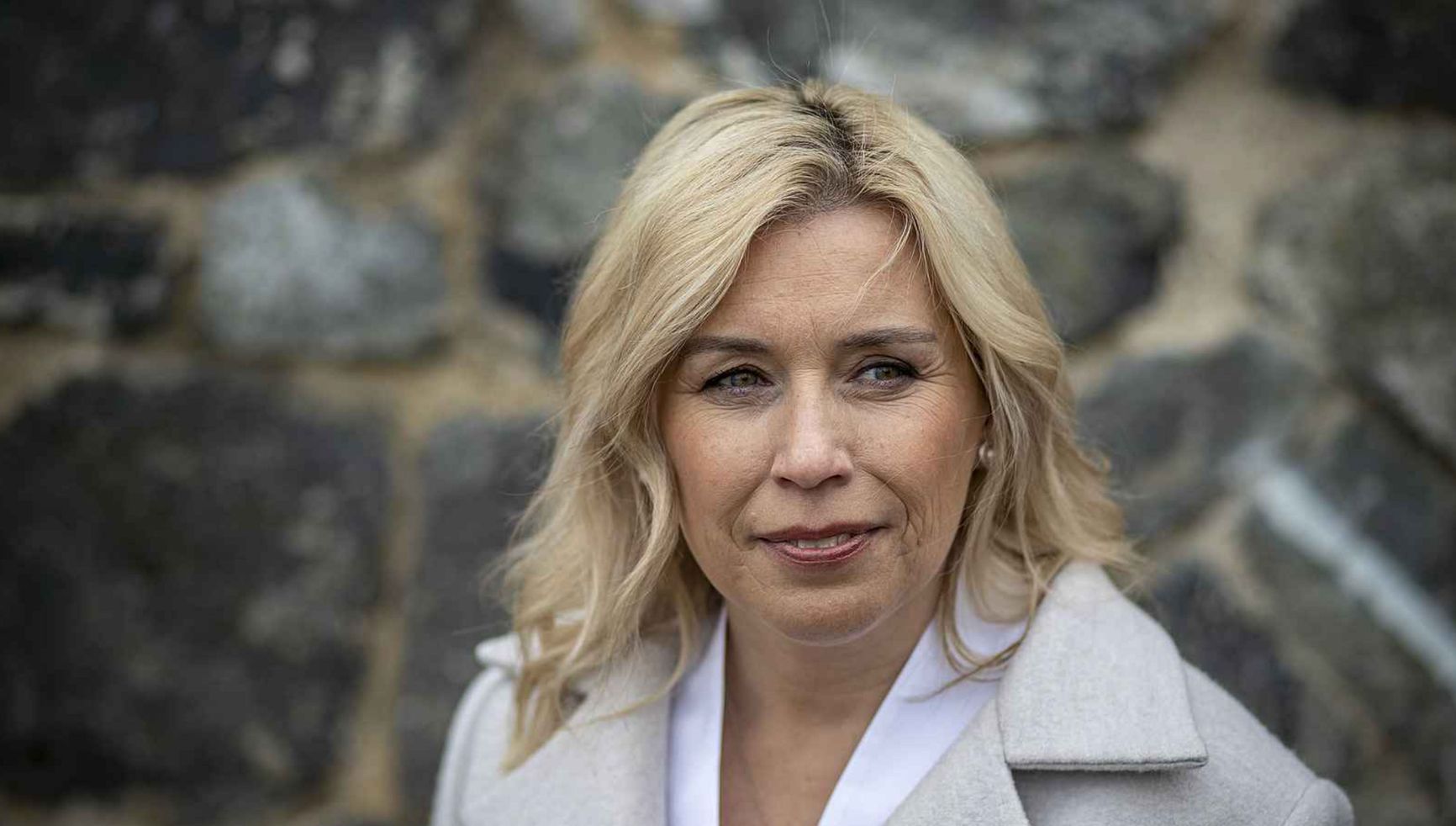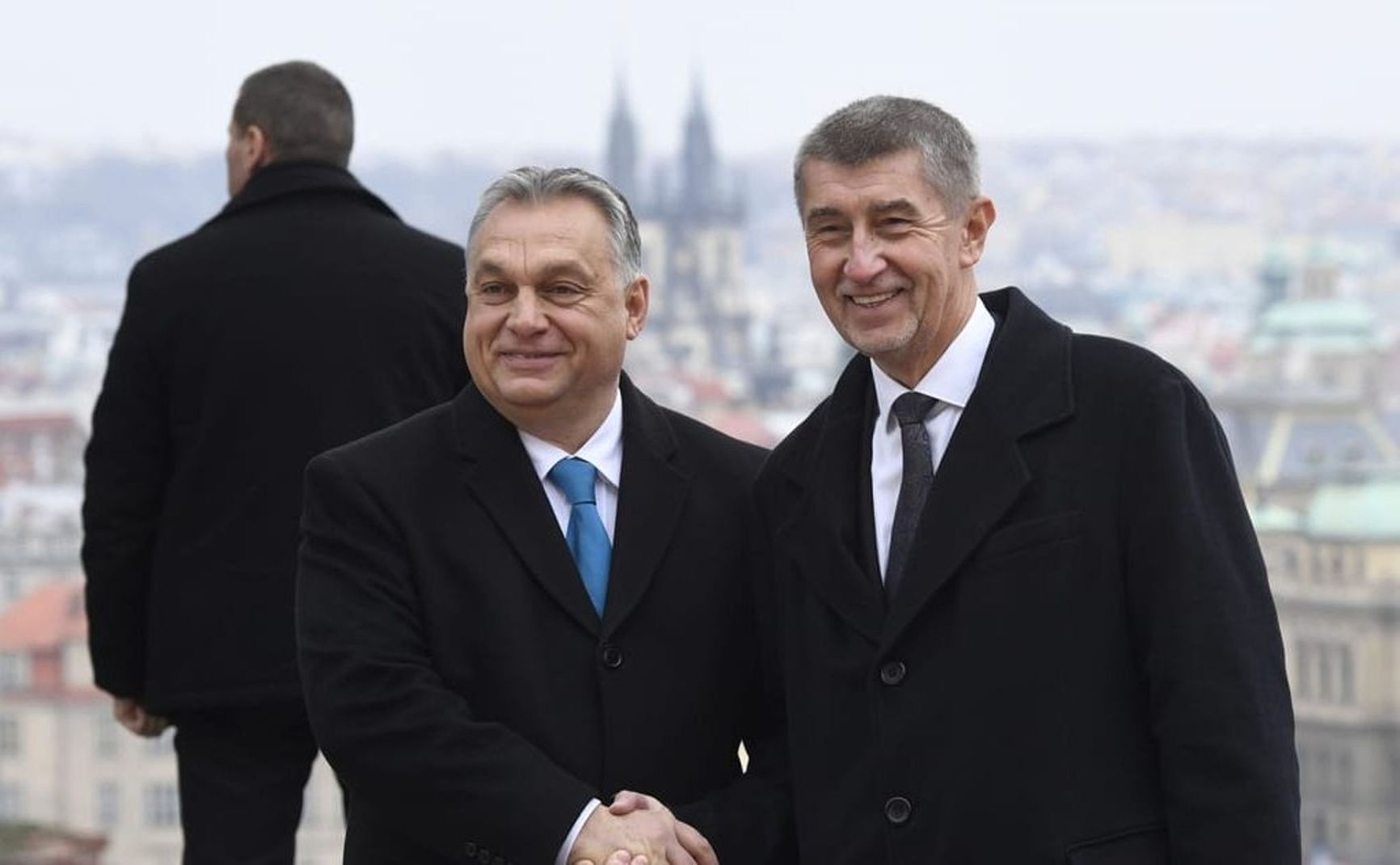

The second round of presidential elections in the Czech Republic will see a competition between the former head of the General Staff, General Petr Pavel and the former Prime Minister Andrej Babis, one of the richest men in the Czech Republic. There has been no battle as yet between the “goulash and salad,” that is, the Czech village and the city – a standoff that helped the previous head of state Milos Zeman to be elected both times. However, Babis is still set on dividing society – this time in relation to the war in Ukraine. He keeps telling citizens that his rival, if elected president, will drag the Czech Republic into an armed conflict.
Content
The “third wheel” game
Babis turns into Orban and the Czech Republic into Hungary
Fragile Forecasts
The president in the Czech Republic is formally a representative figure. According to the Constitution, he plays an important role only in moments of political crises, such as early parliamentary elections, sudden collapse of the ruling coalition and resignation of the government - then the president may even form a temporary cabinet himself. But on the whole, this is a classic president in a parliamentary republic where the main power belongs to the government and the parliamentary majority that formed it. And until 2013, the procedure for electing the head of state was quite consistent with his actual role - he was elected by members of parliament.
However, the Czech liberals and centrists, fearing a complete transfer of power into the hands of the Social Democrats and the loss of control over the parliament, managed to rewrite the legislation. They hoped that in direct elections their candidate Karl Schwarzenberg would have no serious rivals. And they miscalculated.
Czech liberals and centrists, fearing loss of power, managed to rewrite the legislation
In 2013, the future “friend of Putin” Milos Zeman burst onto the political scene like a devil out of a snuffbox and won the election, becoming for several years the most popular politician in the Czech Republic with the highest personal legitimacy in the eyes of voters. He actively began to undermine the constitutional order and seize more and more presidential power, exploiting even the tiniest ambiguities in the legislation on the division of powers between the president and the government. Not surprisingly, Zeman's two terms in office made the institution of the presidency much more influential and appealing.
The “third wheel” game
In the first round of the election, the main topic was the Czech economy. Its condition is highly deplorable compared to previous years. Suffice it to say that inflation was 15.8% in December and is unlikely to get lower for the entire 2022.
Not surprisingly, in addition to Babis and Petr Pavel, by the end of the election campaign the third favorite candidate was Danuse Nerudova, economist and former rector of the Mendel University in Brno. However, she did not make it into the second round, despite the optimistic forecasts of sociologists, who predicted she would get as much as 25% of the vote. Because of the corruption scandal surrounding her work at the university, which erupted only a week before the vote, she received only 14 percent.

Danuse Nerudova
In contrast to Nerudova, former prime minister Babis was lucky: five days prior to the election, a court found him not guilty in a long-standing case of corruption and illegal use of European subsidies for small businesses. In the parliamentary elections two years earlier, Babis's ANO (Yes) party had lost power because of the then prime minister being accused of petty off-shore fraud and tax fraud in relation to the purchase of an estate on the French Côte d'Azur.
Babis was lucky: five days prior to the election, the court found him not guilty in a corruption case
However, judging from the results of the first round of elections, Babis's favorable court ruling could have had negative consequences for him as well. The former prime minister still has the highest anti-rating among the presidential candidates, and maybe even among Czech politicians in general. Outraged by the court ruling they viewed as controversial, all his opponents went to vote against him as one.
Before that, about 30% of voters were unable to decide who was closer to their hearts: General Pavel or the economist Nerudova. But now they decided not to give it much thought and massively voted for a slightly more “anti-Babis” military man. In the first round, Petr Pavel even managed to slightly outpace the former prime minister, which no one predicted.
Babis turns into Orban and the Czech Republic into Hungary
Immediately after the preliminary election results came in, the former prime minister launched an aggressive offensive against Petro Pavel which he had prepared in advance. The strategy had clearly been worked out long ago: new billboards appeared on the streets the morning after the election. “I am a diplomat, not a soldier!” Andrej Babis literally shouts from them, calling for “stopping the Czech Republic from being dragged into a war.” Meaning, of course, the war in Ukraine. It is also clear who the “dangerous soldier” is - General Petr Pavel, who was not only head of the Czech General Staff, but also held a similar position at NATO.

Petr Pavel
Over the recent years, Babis has become increasingly close friends with Hungarian prime minister Viktor Orban, who is sometimes called the last dictator within the EU and accused of turning Hungary into a “mafia state.” The Hungarian prime minister managed to win parliamentary elections in 2022 on exactly the same false threat of being drawn directly into a war against Russia, despite an unprecedented increase in cooperation among the local opposition.
Babis has become increasingly close friends with Hungarian prime minister Viktor Orban, who is sometimes called the last dictator within the EU
Taking advantage of the fact that his rival is a military man, Babis and his spin doctors clearly want to use the same trick. In addition, this move gives hope for the transition of votes from the local nationalist candidate, the real former diplomat and liberal dissident Jaroslav Bašta, who dropped out after the first round but won almost 4.5% of the vote. He had proposed separate gas talks with Vladimir Putin, end of military aid to Ukraine and the resignation of the current Czech government much disliked by the ex-prime minister (which, by the way, the President is not allowed to do under the Constitution).
Fragile Forecasts
Two days after the first round, General Petr Pavel is considered the presidential hopeful in the second round, despite the aggressive campaign being conducted by Andrej Babis. Czechs have already placed nearly 300 million crowns’ worth of bets (about 12 million euros) with bookmakers, and bets on Petr Pavel's victory are being accepted at 1.12:1 on the average, and on the former prime minister’s victory at 6:1.
A simple addition of the first round votes gives the same result. At least two candidates, including Danuse Nerudova, have already supported the general, and if the turnout remains the same and all their voters vote for Petr Pavel on January 27-28, he will receive 55-56% of the votes. Based the same methodology, Babis’s result does not reach even 40%. To add insult to injury, some of Babis's party associates, such as the head of the Moravian-Silesian region, have already announced they would support his opponent.
However, the overall turnout in the first round did not exceed 70%. In the second round it could be higher, if the public is properly warmed up. Many liberals, on the contrary, may not come to the ballot box, because even Petr Pavel is not democrat enough for them – he was a member of the Communist Party and served in the Communist army. Andrej Babis's team is clearly counting on this.

Viktor Orban and Andrej Babis
If Babis becomes president, it will be impossible to open new criminal cases against him. And by the next parliamentary elections, by constantly criticizing the current government and putting spokes in its wheels whenever possible, as Milos Zeman did, Babis will have a chance to lead his party to victory and monopolize power. Much like Viktor Orban in neighboring Hungary. And then there is a good chance that, like Orban and many other corrupt and authoritarian rulers, Babis will look to Russia as a potential partner and ally.